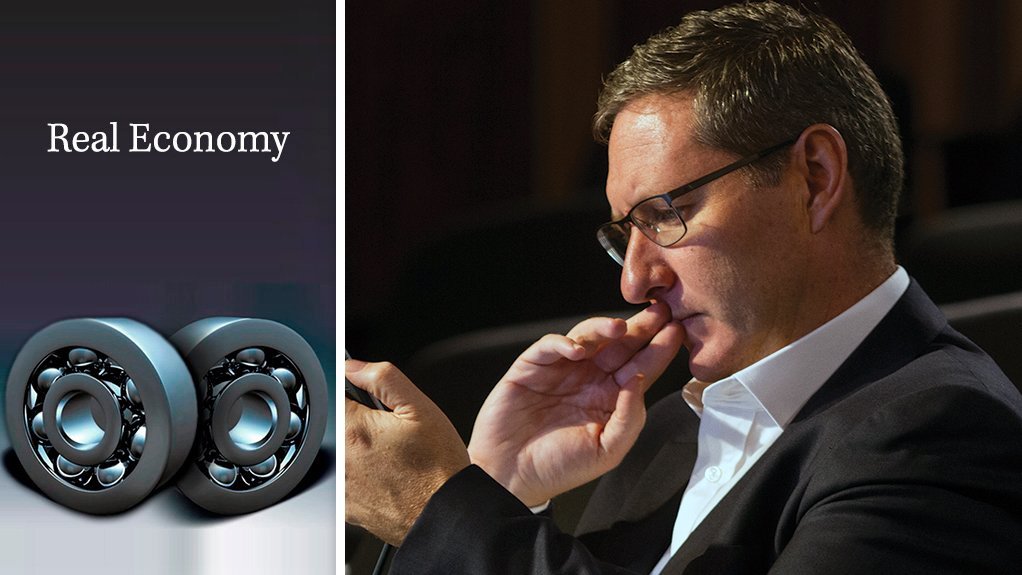The new, credible boards appointed at South Africa’s largest and most troubled State-owned companies (SoCs) – Denel, Eskom, the Passenger Rail Agency of South Africa and South African Airways – must be given every opportunity to succeed. If they fail, the consequences for the country’s fiscal sustainability, as well as efforts to convert higher business confidence into what President Cyril Ramaphosa believes could be $100-billion worth of real investment, will be dire.
That’s not to say public and media scrutiny should be reduced or weakened. Not at all! The proposition that ‘sunlight is the best disinfectant’, as outlined in FutureGrowth’s recent assessment of what went wrong at SoCs during the recent past, is entirely correct.
It is also completely correct for nonexecutive and executive directors appointed during this ‘new-dawn’ period to be held to a higher standard. Therefore, Mark Lamberti’s resignation from the Eskom and Business Leadership South Africa boards, as well as Imperial CEO, following an adverse High Court judgment, should be applauded, even if the accompanying attacks on him and his corporate contribution were unfair and misinformed.
Nevertheless, it is entirely counterproductive for South Africans to continue to apply the oppositional framework – used so effectively during the recent period, when SoC boards were undoubtedly instrumental in an unscrupulous project to direct commercial benefit the way of a politically connected elite – to these new boards and to the nonexecutives and executives appointed to them.
Without question, these individuals are going to have to make some extremely difficult trade-offs in order to correct problems they have had no personal role in creating. As with all trade-offs, there will be losers, because balancing contradictory imperatives is hardly ever possible in the real world, despite what some populist commentators would have us believe.
What’s more, these individuals have taken on this responsibility in the knowledge that being a board member of an SoC poses a genuine reputational risk, as has already been seen in the Lamberti case.
Therefore, it is only fair that we as citizens give them a fighting chance for success. In other words, these boards should not be tarred with the State-capture brush when they begin taking action, which some are likely to find ideologically unpalatable and others will view as a capitulation to ongoing inefficiency.
This is easier said than done, as is already evident in the current hostility towards Eskom’s Regulatory Clearing Account application and in the fractious debate about whether or not South African Airways should be placed into business rescue, rather than allow the new leadership to attempt another turnaround.
What is arguably becoming clear is that, for these new boards to be truly effective, they are going to have to make uncomfortable decisions in the interest of both corporate sustainability and the country’s best long-term interest.
Given the circumstances, the right decisions are unlikely to be popular decisions. It’s up to the corporate and political leadership to ensure that the trade-offs are well explained so as to ensure buy-in or, at the very least, a grudging acceptance. Such an outcome would be impossible if there is no acknowledgement that there has been a change not only in the make-up of the boards but also in the credibility and integrity of those appointed to them.
EMAIL THIS ARTICLE SAVE THIS ARTICLE ARTICLE ENQUIRY
To subscribe email subscriptions@creamermedia.co.za or click here
To advertise email advertising@creamermedia.co.za or click here











